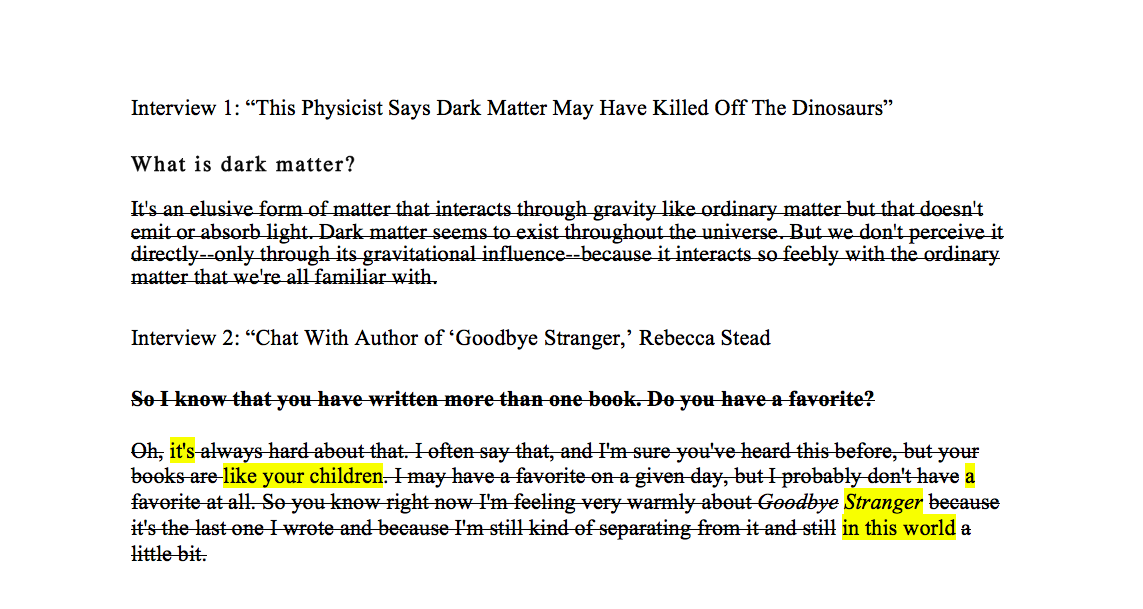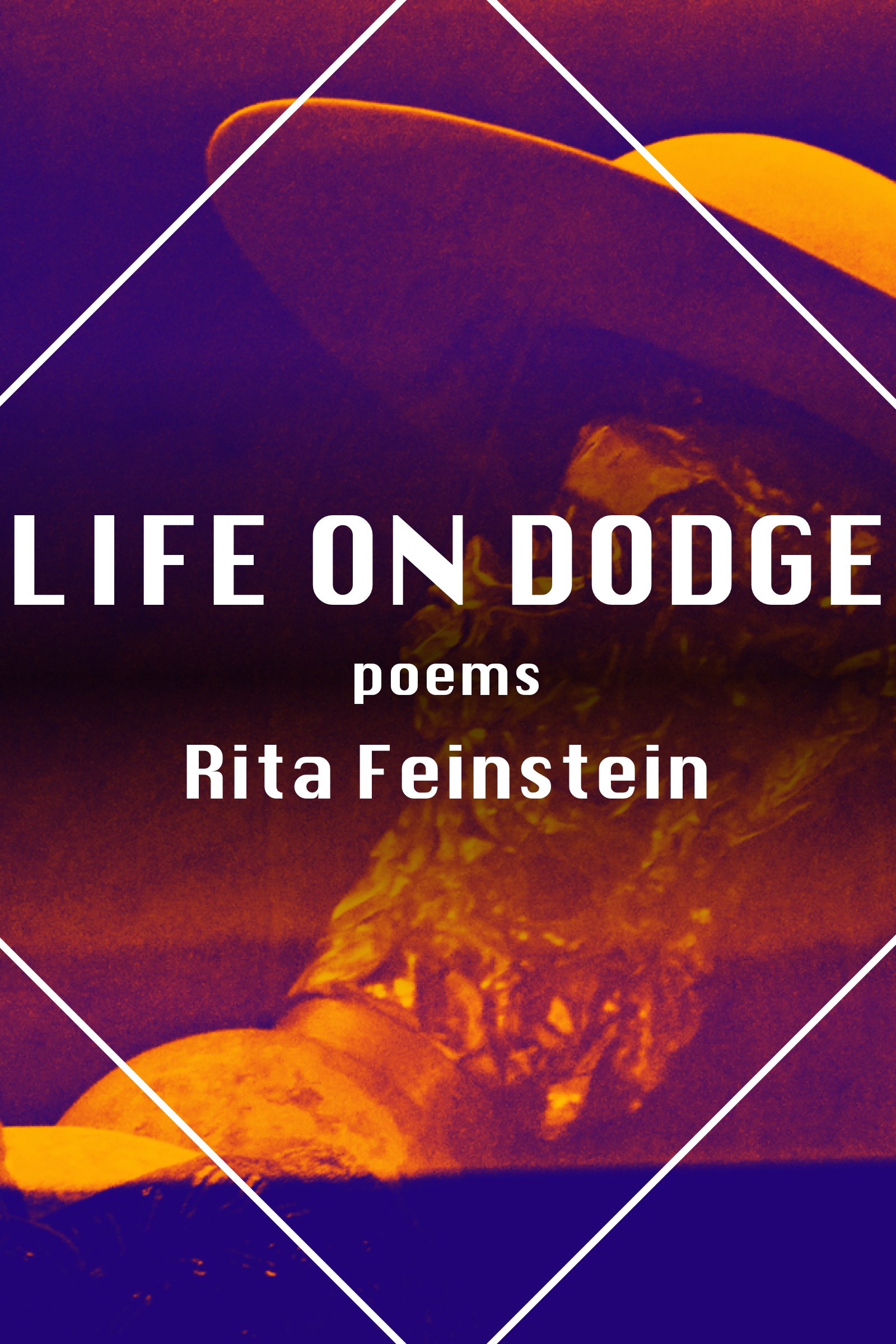Jessica Mehta, Iulia Militaru, and Levi Cain
Editors' Choice Poems
Jessica Mehta, Iulia Militaru, and Levi CainWe are delighted to highlight this week’s selections from the Brain Mill Press Poetry Month Contest, Break Poetry Open, by talented poets Jessica Mehta, Iulia Militaru (translated by Claudia Serea), and Levi Cain.
Iulia Militaru’s poem “This Is Not a Poem,” translated by Claudia Serea, was included among the picks but is not reproduced below.
We hope you’ll enjoy these editors’ picks as much as we did.
Two Antipodes Poems
Jessica Mehta
Author’s Note: Antipodes are an experimental form of poetry with roots in both palindromes and reverse poetry. However, unlike reverse poems which can be read forward and backward line by line, the antipode can be read forward and backward word by word. Poems are intended to be read with the original version on the verso page and the reflected antipode on the recto page.
America de’Colonizer
De-colonizer: America—we’re coming. You are
too prideful, too vain. Your destruction bred
warriors. Overseas invaders brought ships
full and pulsing. For generations, lost children
remain reticent. To listen, says Creator, you need
ancestors. Homecoming, we’re nobility displaced.
Dethrone well-mistaken kings. You’re uncertain still;
that’s okay. Washing white, the stain’s disappearing
now. Missing women, murdered women, all we’re
saying is Creator understands. Who are we?
Strength of centuries—come. Be Natives.
***
Natives become centuries of strength.
We are who understands Creator is saying
we’re all women murdered, women missing. Now,
disappearing stains the whitewashing. (Okay, that’s
still uncertain). Your king’s mistaken, we’ll dethrone
displaced nobility. We’re coming home. Ancestors
need you, Creator says. Listen to reticent remains.
Children lost generations, for pulsing and full
ships brought invaders—overseas warriors
bred destruction. You’re vain, too, prideful, too.
Are you coming? We’re America, de’Colonizer.
Alone, He Pictures the Sea
See the pictures? He, alone, recalls it all. And memory
lingers here. Sick heads make regrets
huge and away swim mistakes like whales.
Sorry, he’s human. He’s sorry he’s scared—
he’s Jonah of full bellies. Our broken
system’s the offender, another
mishap, another bias. Here’s to oceans of dreams.
Lost, he’s landlocked. All we’re doing,
we are what hatred spawns. Suspicion
means this: forced solitude and life in prisons.
Everyone made deals—
all for views, water painted views.
***
Views, painted water views for all.
Deals made everyone
prisons in life and solitude forced. This means
suspicion spawns hatred. What are we
doing? We’re all landlocked. He’s lost
dreams of oceans, too. Here’s bias: another mishap,
another offender. The system’s
broken … our belly’s full of Jonah. He’s
scared, he’s sorry he’s human, he’s sorry.
Whales like mistakes swim away and huge
regrets make heads sick. Here lingers
memory and all it recalls. Alone, he pictures the sea.
About Jessica Mehta
Jessica Mehta is a multi-award-winning poet and author of over one dozen books. She’s currently a poetry editor at Bending Genres Literary Review, Airlie Press, and the peer-reviewed Exclamat!on journal. During 2018-19, she was a fellow at Halcyon Arts Lab in Washington DC where she curated an anthology of poetry by incarcerated indigenous women and created “Red/Act,” a pop-up virtual reality poetry experience using proprietary software. As a citizen of the Cherokee Nation and native Oregonian, place and personal ancestry inform much of Jessica’s creative work.
Jessica is also the owner of a multi-award-winning writing company and founder of the Jessica Tyner Scholarship Fund, the only scholarship exclusively for Native Americans pursuing an advanced degree in writing. She has undertaken poetry residencies around the globe including at Hosking Houses Trust with an appointment at the Shakespeare Birthplace Trust in Stratford-Upon-Avon, England and the Acequia Madre House in Santa Fe, New Mexico. Her doctoral research focuses on the intersection of poetry and eating disorders.
Jessica’s novel The Wrong Kind of Indian won gold at the 2019 Independent Publisher Book Awards (IPPYs). Jessica has also received numerous visiting fellowships in recent years, including the Everett Helm Visiting Fellowship at the Lilly Library at Indiana University at Bloomington and the Eccles Centre Visiting Fellowship at The British Library. Visual representations of her work have been featured at galleries and exhibitions around the world including IA&A Hillyer in Washington DC and The Emergency Gallery in Sweden. Jessica is a popular speaker and panelist, featured recently at events like the US State Department’s National Poetry Month event, “Poets as Cultural Emissaries: A Conversation with Women Writers,” as well as the “Women’s Transatlantic Prison Activism Since 1960” symposium at Oxford University. Learn more about Jessica’s creative work at www.jessicamehta.com. Twitter: @ndns4vage.

FOR COLORED GIRLS WHO HAVE CONSIDERED SUICIDE WHEN THE TWIST OUT WAS NOT ENUFF
Short-List Selection
Levi Cain
swear on my mama
no–swear on something more
simple and sacred.
swear on my brother’s future mixtape,
swear on pig fat in collard greens and
freshly whipped shea butter,
arroz con what the fuck ever–
that the cracked cushion chair of
my hairdresser’s closet is
in fact a cathedral,
packets of yaki and remy dotted
with the same angels,
skin the color of good brandy.
the nollywood movies blaring
on the thrifted television is
the preacher.
there is one constant truth–
the half-room in waltham is
a tabernacle for second generation girls
who never learned how to cornrow.
a blackgurl’s bond with a hairdresser
is tighter than the binding of isaac,
requires more faith than you
ever know how to give
after years of lye being applied
to your scalp,
after years of being teased by
whitegirls who crow that
your hair looks like brillo pads
that they wouldn’t let their housekeepers
scour the sink with.
the same whitegirls who now quiz you
on coconut oil
and ask you to anoint them
with the wisdom of
deep conditioning.
i and every other blackgurl
who grew up in the suburbs
are haunted by visions of hot combs
and strangers putting their hands in our hair,
pulling so sharply we swear
we hear the echo of a whip crack.
but those ghosts have no place here,
in this space that has only space enough
for you,
your hairdresser,
and maybe her friend from haiti
who you do not know the name of
but who twists braids so gently it is
as if she wants to be your mother.
this is an act of love,
but all gods are not filled with goodness
and so neither is the woman
who stands with jojoba in her right hand,
84 inches of kankelon in her left,
who asks why you never
seem to have a boyfriend,
who told you she would rather die
than break bread with faggots
but passes you plantains as communion,
presses your forehead
to her chest as madonna,
calls you daughter,
welcomes you with open arms
to a rented room
in a part of a town that would make
a principal’s lip curl
–this blackgurl bethlehem,
this satin covered resting place,
this plane of being where
you are you
are blackgurl,
are celebration,
are miracle,
are nothing but holiest of holies.
About Levi Cain
Levi Cain is a queer writer from the Greater Boston Area who was born in California and raised in Connecticut. Further examples of their work can be found in Lunch Ticket, Red Queen Literary Magazine, and other publications.

BMP Celebrates National Poetry Month — Break Poetry Open
For this year’s National Poetry Month, Brain Mill Press & Voices want to add to your #TBR pile, sing siren songs of unsung heroes, and signal boost living poets we should be reading more. By the end of the month, we hope you will have acquired 30+ new books of poetry and that they continue to multiply in the darkness of your library. Explore new voices & new forms — re-read some old favorites — play if you liked this poet, you’ll like... the old-fashioned way, algorithm-free — just poetry lovers talking to poetry lovers, as the Universe intended. Happy #NaPoMo2019 from Brain Mill Press.






Recent Comments